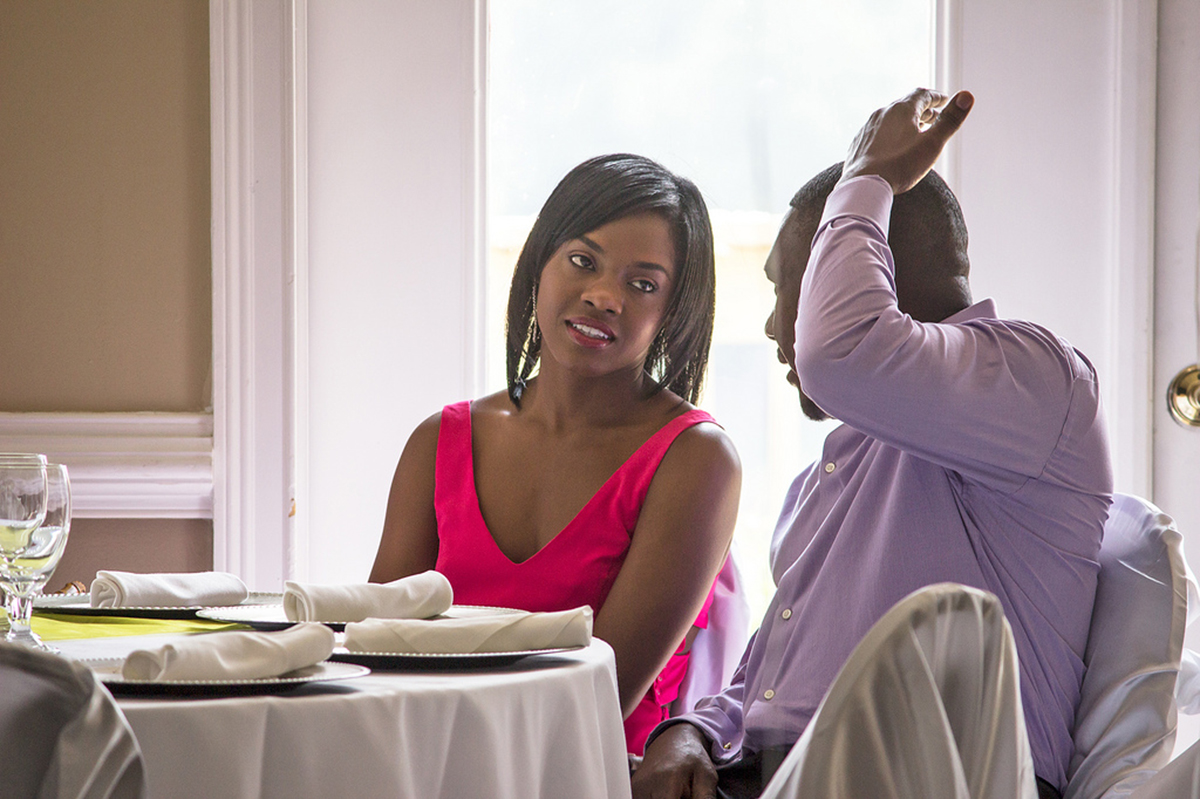While research suggests that some people are more prone to developing addictions than others, it's probably fair to say that all humans have certain vices or habits that we might call addictions. If you're a smoker, boozer, gambler, on drugs, or even addicted to shopping, you are aware that you have, at the very least, a habit. Some addictions might fool you into thinking that you are simply living life, though. That is where things can get tricky.

Addicted To Love?
A great many people believe they aren't complete until they have found that man or woman of their dreams; "the one" who will love them forever. Others might not be looking for something quite that permanent, but still don't feel well unless they are seeing someone. It's human nature to want a partner, and simply looking for real love or just real lust can't really be considered an addiction.
The trouble starts when you find yourself stuck in relationships that are bad for you, time and time again. You may think that gal or guy is great for you at the start, but weeks, months or years later you realize that your current relationship is eerily similar to the last one.
Laura married her High School sweetheart at a young age, and they had two kids during the 15 years they lived together. Her husband was, Laura says, absolutely great in the beginning. Then, he started drinking. Laura noticed that he never spent time with the kids, and refused to do anything around the house. Things went downhill quickly when he started hitting her. She contemplated staying with him "for the kids", but Laura simply couldn't handle it any longer, and they eventually got divorced.
A year later, she met someone else at a concert and they started seeing each other. The guy was unemployed but otherwise great. Until she noticed that he drank too much and he, too, became violent — just after she asked him to move in with her about eight months into the relationship. It took her a year to kick him out, but that wasn't the end of the story. The same thing happened twice more before Laura decided to quit love altogether until she could find out what was wrong with her.
See Also: Relationships: When to Talk, When to Act
Thomas was a decent guy who wanted to find a girl to settle down and have kids with. The strong, independent women he fell for seemed to be perfect. Whenever he found a girl, Thomas was sure that she would be the one he'd go down on one knee for. The problem was that they seemed to have other ideas: the women Thomas chose didn't want to settle down yet, and always ran away when things got a little "too serious". By the time he was in his late thirties, Thomas was single again and wondering if he'd ever get married and have kids.
Recognizing And Overcoming Your Addiction
Are you addicted to bad relationships? Consider the following questions:
- Have you had three or more relationships with very similar people, who turned out to be wrong for you in the end?
- Are you always sure you aren't making the same mistakes again?
- Do you stay in relationships that are bad for you for too long, or do you end them but quickly replace them with another similar relationship?
- Does the thought of leaving the person you are with scare you, or is it being alone that terrifies you?

Answering yes to most of those questions means you have some serious soul-searching to do.
I'd personally recommend therapy, if you are able to swing it financially and can find a good therapist. In the meantime, it's time to stop analyzing the people who had failed relationships with, and to start analyzing yourself.
What aspect of your subconscious is forcing you to choose people who are unhealthy for you? You might be scared of commitment or suffer from low self-esteem. You could also have mommy or daddy issues and might be replicating the relationships your parents had (not necessarily with each other), or you may be doing the exact opposite to what your parents did — which is essentially the same thing: being a slave to your childhood.
Now, rather than examining your exes' characters, take a closer look at the way in which those relationships developed. What were the "pre-incident indicators" that could have told you the relationship was doomed?
Starting A New Chapter
How can you end it, then? You may find that facing your own past head on is the best strategy. Look at your own traumas, problems and shortcomings and work on them — alone, or with a therapist. It's very likely that finding your true self (that sounds corny and ridiculous, but that doesn't make it any less relevant) will free you from a tendency to fall for people who are not right for you.
Surrounding yourself with supportive friends and family can be instrumental during this period. It might be helpful, at least in the initial stages, to reduce contact with your ex. This can involve distancing yourself on social media platforms and avoiding common hangouts.
Engaging in physical activities can be a helpful way to cope with stress and elevate your mood. If emotions become too overwhelming, consider seeking professional help to guide you through the healing process. Use this time as an opportunity to rediscover yourself.
Engage in activities you love, explore new hobbies, and reflect on your individuality. It's tempting, but avoid jumping into another relationship immediately. Instead, use the post-breakup period to understand more about yourself, your needs, and what you desire in future relationships.
Look at the roles you tend to play in relationships as well. You might be the rescuer or martyr, the victim, the invisible person who doesn't care about themselves, or even the one who blames it all on the other person. Knowing which person you are means you can refuse to play that role ever again.
When it comes to relationships, being a little selfish is essential. If you can't care for yourself and be yourself in a relationship, you are dealing with the wrong person. Make you your number one priority, and accept that fact that caring for yourself doesn't mean you turn into a cold monster with no empathy for anyone else.
See Also: Relationships: What to Say, When to Say it
Finally, find some people you love and trust to monitor you. Ask them to spot those warning signs, especially if you are not sure you will be able to. If your friend tells you that "this one is just like the other one", "this guy appears to be a narcissist", or "this gal seems to be overly clingy and dependent", listen to them.
- Photo courtesy of skedonk by Flickr : www.flickr.com/photos/skedonk/3582153008/
- Photo courtesy of Ashleigh W by Flickr : www.flickr.com/photos/108099221@N02/10751626304/

